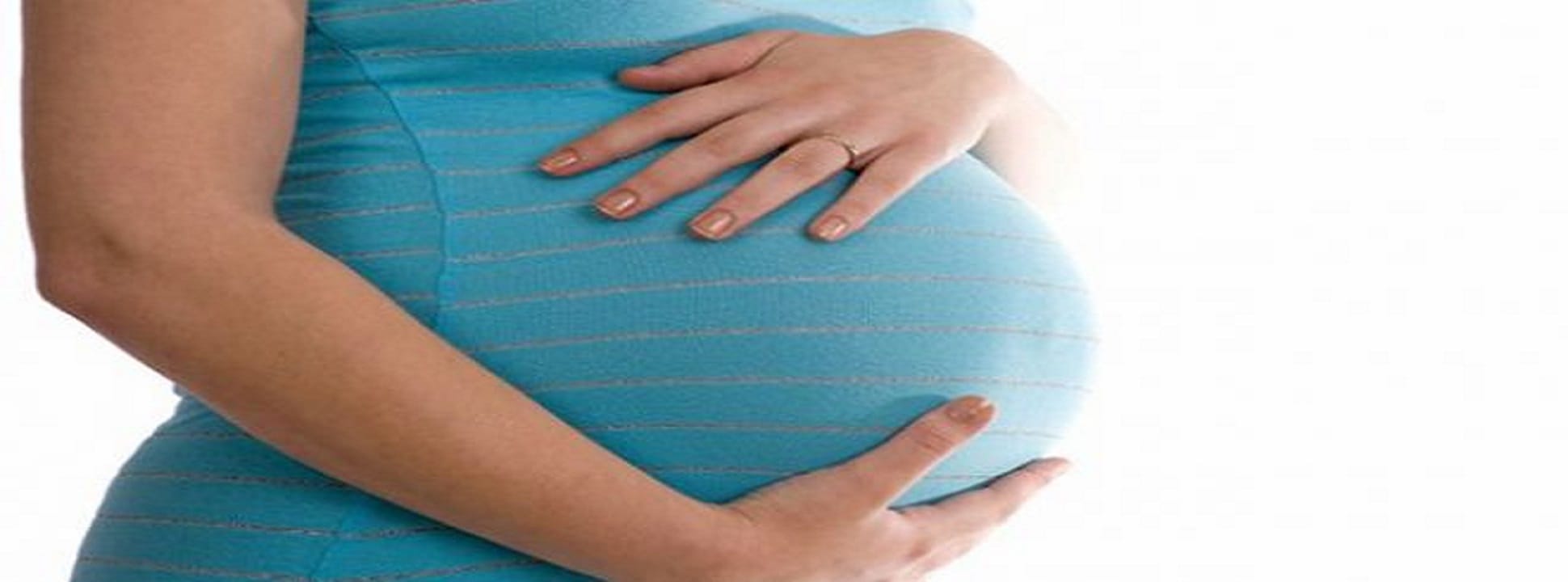Boise Dentist Blog
The professional blog of Doctors Dan Bruce, Steve Bruce, Rosa Pothier and Rob Ririe
Pregnancy and Dental Care

Pregnancy and Dental Care
Several of my patients have approached me recently with questions concerning dental care during pregnancy. Some of the common questions that arise are:
Is dental treatment safe during pregnancy? Will anesthetics, medications, and x-rays be harmful to the baby? What are things I should watch for during
my pregnancy regarding my oral health? These are great questions and definitely an important topic for an expectant mother to explore as there are
tangible things that you can do to make sure you are making the best choices for you and your baby.
Hormone changes during pregnancy cause the gums to be more inflamed, leading to increased bleeding, swelling, and irritation to your gums. Untreated,
this inflammation can lead to gum disease which has been linked to preterm birth. Because of this, preventative cleanings are not only safe, but recommended
for expecting mothers. Additionally, infection and decay can adversely affect the growing fetus as well as cause distress to the mother so routine
exams are important to diagnose and treat any issues that may arise.
The best time to complete any necessary treatment is during the second trimester. The first trimester should be avoided if possible as it is the most
critical for early development and the third trimester may be too uncomfortable for extended periods of time in the dental chair. It is safest to postpone
all unnecessary work including cosmetic procedures until after pregnancy to minimize any adverse risks to the baby.
Medications administered during pregnancy should be minimal but may be important for treating infection and making you as comfortable as possible in
order to reduce stress to you and the baby. Category B drugs are part of a classification which are recommended for pregnancy use. Lidocaine is a numbing
agent that is a Category B drug as it does not cross the placenta. The antibiotics penicillin, amoxicillin, and clindamycin are also a part of this
category and would be prescribed to prevent or treat dental infections.
According to the American Dental Association and the American College of Radiology, dental x-rays during your pregnancy are considered safe as long
as appropriate shielding and guidelines are used. That being said, routine x-rays can usually be postponed until after the pregnancy unless required
to treat infection that could be harmful to the baby. Additionally, as an extra precaution, x-rays should be avoided in the first trimester when development
is most crucial.
There are various things you can do during your pregnancy to promote the oral and overall health of you and your baby. This includes having a balanced
diet, practicing thorough home care, and maintaining regular visits with your dental provider. It is also very important to let your dentist know if
you are pregnant or suspect you might be. This will help us as your caregivers make the best recommendations for the health of you and your baby, address
any concerns, as well as ensure you are as comfortable as possible throughout your pregnancy while in our care.
Source: American Pregnancy Association
